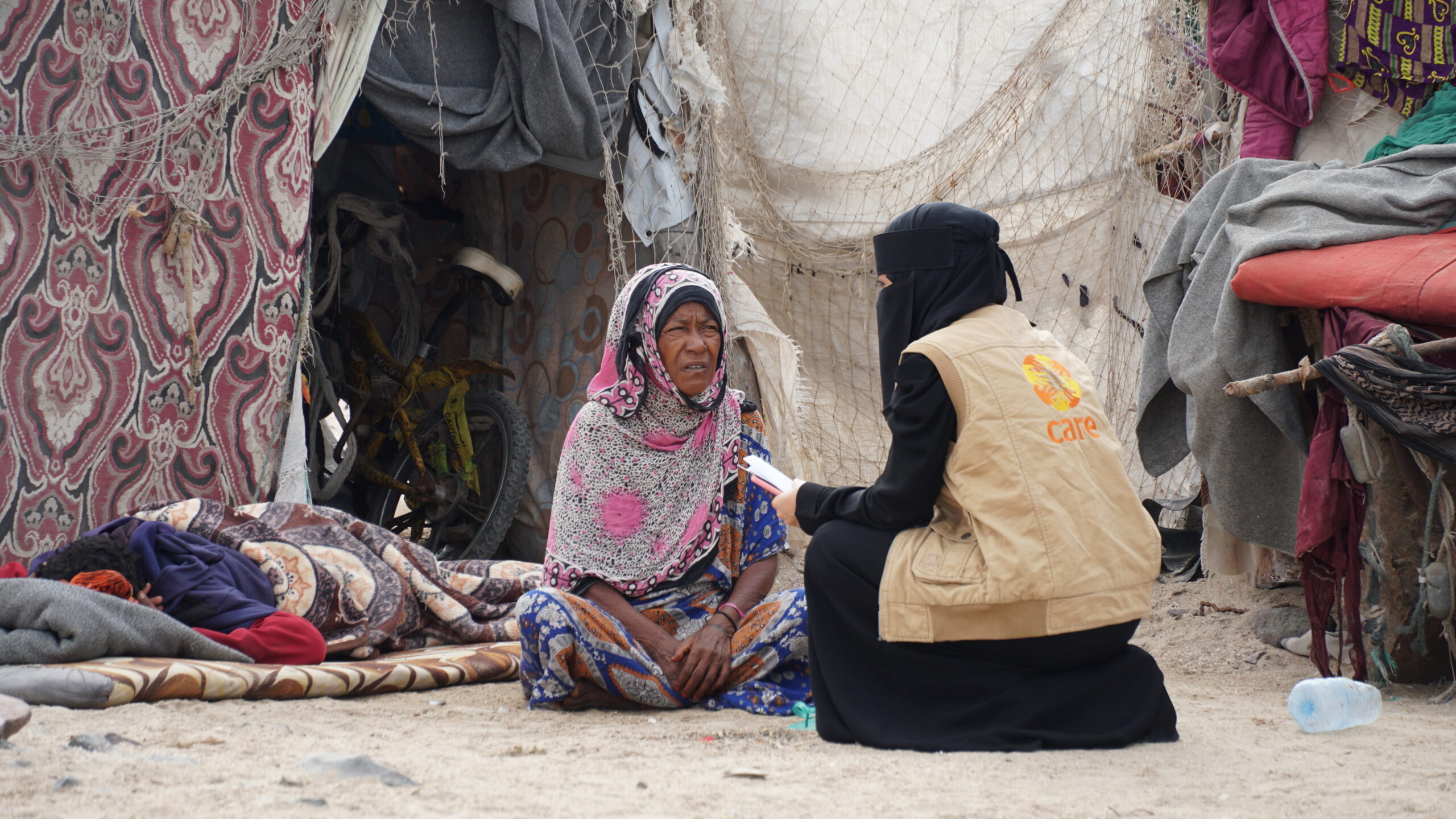At 53.2 million, internally displaced persons continue to outnumber refugees and more needs to be done to highlight their plight of being ‘internal’ refugees within their own countries.
20 June 2022 – Today marks World Refugee Day and for the first time, the number of people who are experiencing displacement around the world has exceeded 100 million. Out of this figure 53.2 million are those who have fled their homes to other areas within the borders of their country, for fear of their lives mainly because of conflict and violence. In Yemen alone, 4.3 million people have become internally displaced persons (IDPs) leaving behind their lives, at times with the clothes on their backs and many experiencing displacement multiple times.
“My family and I have had six displacement journeys. Our shelters are humble sheds and huts made with twigs and mud and whatever else we can find. Our nutrition is very poor and we have to juggle between paying for food, electricity, medical care or feeding the few livestock we have left,” says Zabn Allah Ali, father of five. “I used to own a farm and had plenty of livestock. Life was good back then. I haven’t been able to afford to feed my livestock now and I’ve lost most of them to hunger and the burden of moving around so much. Cash aid has become the only source of income for my family.”
The number of new IDPs in 2021 in Yemen has been just under half a million, mainly as a result of escalation of the conflict and fear for safety. “While the current truce brings hope for Yemenis, durable solutions for the fourth largest IDP population are as yet uncertain,” says Daw Mohamed, interim Country Director for CARE in Yemen. “Women and children and the elderly continue to bear the brunt of the challenges of living in internal refuge, with access to the most basic rights such as health services, water and sanitation, education and jobs becoming unattainable. This pushes IDPs into situations where tough decisions are made on a daily basis, meals cut down to one a day and girls and boys missing out on education. The consequences become harder and harder to reverse.”
“Displacement is and must be recognized as indistinguishable – whether people have had to cross borders or remain inside the borders of their own country, protecting them is critical,” continues Daw Mohamed. “It is crucial that the international community strengthens support to the plight of IDPs in Yemen, in building their resilience and helping them ensure their self-reliance while they integrate where they are or are able to return to their place of origin.”
CARE has been present in Yemen since 1993, working in 14 governorates, providing lifesaving support such as food, cash, access to livelihoods, water and sanitation services to those in need, including IDPs.
For more information visit careyemen.org
For more on Zabn Allah Ali’s story, view his video on YouTube


